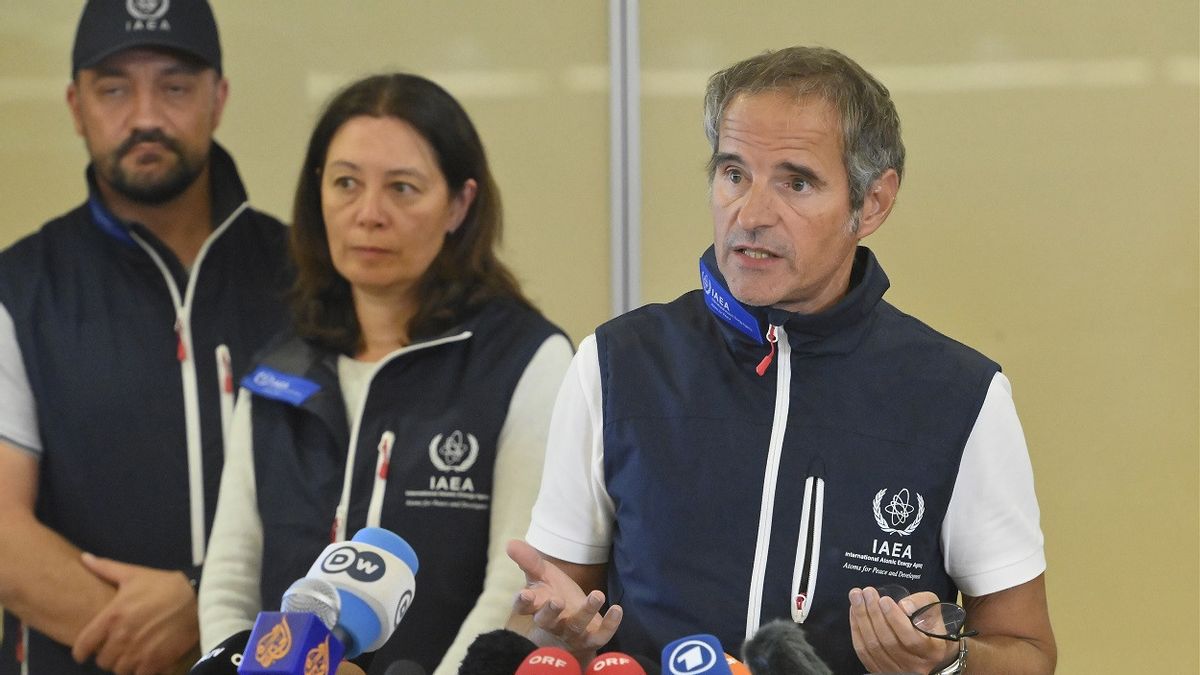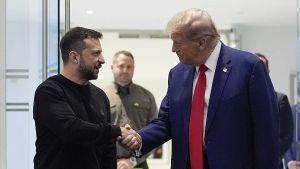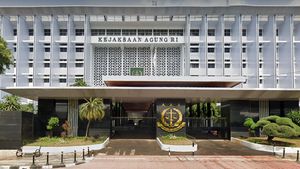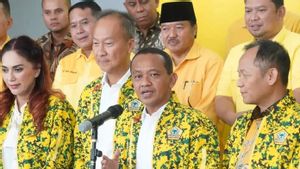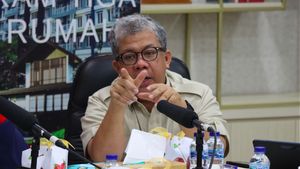JAKARTA - The head of the UN nuclear watchdog on Monday denied its agency had lowered standards regarding investigations into Iran's past activities, after Israel accused it of "subjecting Iranian pressure".
The dispute centers on investigations carried out by the International Atomic Energy Agency (IAEA) over the years, against the origin of uranium particles found at three unannounced Iranian sites, most of which appeared to have been active about two decades ago.
"We never, will never lower our standards. We stick to our standards, we apply our standards," said IAEA Director-General Rafael Grossi at a press conference when asked about the very harsh criticism of his body leveled by Israeli Prime Minister Benjamin Netanyahu. June 6th.
US intelligence agencies and the IAEA believe Iran has a coordinated nuclear weapons program that was stopped in 2003.
Although these particles were discovered recently, the IAEA is obliged to hunt down the origins of unaccountable nuclear material. Iran itself denies ever seeking atomic weapons.
The IAEA has long criticized Iran's stubborn stance in its investigation, prompting the 35-member Board of Governors to issue a resolution last year ordering Iran to comply immediately.
In a report to member states last week, Grossi said Iran had provided an explanation of the running low traces of uranium at a location, known as Marivan - the existence of a mine and laboratory operated by a country diplomats said to be the Soviet Union.
The report, seen by Reuters, said Iran had provided "an adequate explanation... Therefore, the agency currently has no additional questions about the depleted uranium particles detected in the 'Maritan' or at the site, and the issue is no longer a problem at this stage."
As previously reported, PM Netanyahu said Iran's explanation was "technically impossible", adding: "The agency's surrender (IAEA, red) to Iran's pressure is a black stain in its records."
However, although these particles can be explained by the presence of mines and laboratories operated by the Soviets there and the IAEA has no further questions, said a senior diplomat, the IAEA assessment remains, Iran has conducted tests of explosives there decades ago relevant to nuclear weapons.
Grossi himself stated on Monday that Iran had slowed the re-installation of monitoring equipment that had been removed on Tehran's orders a year ago.
So far, only a small part of the equipment the IAEA plans to re-install, based on a deal announced in a joint statement with Iran in March that has been installed.
"What needs to be done now is a continuous and unbroken process that leads to all commitments contained in the Joint Statement, fulfilled without further delays," Grossi said in a statement to the IAEA board.
The English, Chinese, Japanese, Arabic, and French versions are automatically generated by the AI. So there may still be inaccuracies in translating, please always see Indonesian as our main language. (system supported by DigitalSiber.id)
